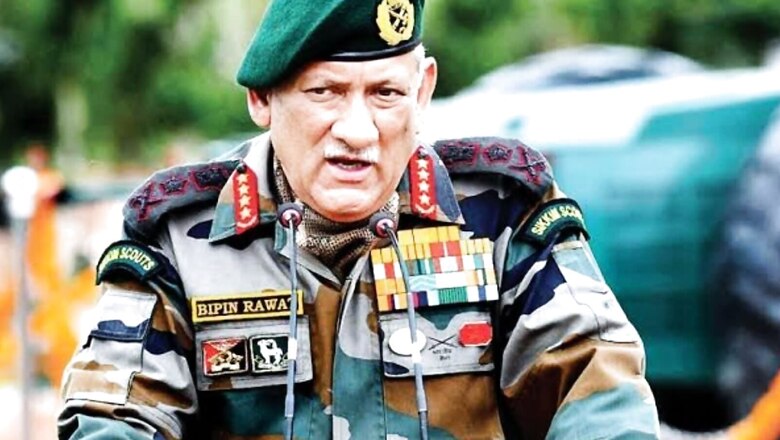
views
India’s first Chief of Defence Staff (CDS) General Bipin Rawat was a decorated commander who drew both awe and ire from within the Indian military for his witty—at times blunt and controversial—comments and his penchant for “disruption” in the way the defence establishment traditionally ran. After all, he was tasked with overseeing and perhaps implementing the most ambitious reform that the Indian military would have had to undergo—jointness and integration—by way of creating four brand new theatre commands and modernising the military.
Since he took over as the CDS on January 1, 2020, he was relentlessly chasing this exercise, those who worked with him closely say. He was also responsible for prioritising major defence procurements of the Army, Navy and the Air Force.
Much of his plans, however, remained unfulfilled as he died in a tragic Mi-17V5 chopper crash on Wednesday, along with his wife Madhulika and 11 Army and IAF personnel, including the air crew, while on his way to the Defence Services Staff College (DSSC) at Wellington from Sulur in Tamil Nadu. Others who were killed in the crash included Brig LS Lidder, Lt Col H Singh, Wg Cdr PS Chauhan, Sqn Ldr K Singh, JWO Das, JWO Pradeep A, Hav Satpal, Nk Gursewak Singh, Nk Jitender, L/Nk Vivek and L/Nk S Teja.
Gen Rawat, 63, was scheduled to deliver a lecture at this tri-service military institution in the afternoon. The IAF chopper crashed around noon in the Coonoor area, minutes away from its destination.
The lone survivor of the mishap, Group Captain Varun Singh, directing staff at DSSC, is undergoing treatment at the Military Hospital, Wellington for his injuries.
General Rawat’s chopper crash was among the few involving top military officers. A deadly Chetak helicopter carrying Lt Gen Daulat Singh, Lt Gen Bikram Singh, Air Vice Marshal EW Pinto, Maj Gen KND Nanavati, Brig SR Oberoi, one Brigadier and Flt Lt SS Sodhi crashed at Poonch on November 22, 1963, during a reconnaissance mission.
In 1993, the Eastern Army Commander Lt Gen Jameel Mehmood, his wife and MA had died in a Mi-17 chopper crash in Bhutan.
Earlier this year, a Dhruv Advanced Light Helicopter, carrying ARTRAC commander Lt Gen Raj Shukla and IAF south western air command chief Air Marshal SK Ghotia, had made an emergency landing in Gujarat’s Kheda district.
In 2015, Gen Rawat himself had survived a helicopter crash in Nagaland.
Top political leaders expressed condolences over the death of the CDS and the 11 Armed Forces personnel. Defence minister Rajnath Singh said the CDS’s untimely death is an irreparable loss to the Armed Forces and the country.
“General Rawat had served the country with exceptional courage and diligence,” he said, adding that as the first CDS, he had prepared plans for jointness of India’s Armed Forces.
Prime Minister Narendra Modi called Gen Rawat an outstanding soldier and a true patriot, who greatly contributed to modernising the Indian Armed Forces and security apparatus. In a set of tweets, he said his insights and perspectives on strategic matters were exceptional and as the CDS, he has worked on diverse aspects relating to Indian Armed Forces, including defence reforms.
“He brought with him a rich experience of serving in the Army. India will never forget his exceptional service,” he said.
‘Go-getter, penetrated the stiff defence bureaucratic set-up’
Those who know Gen Rawat closely say he never shied away from speaking his mind. This was true outside military circles too, even during his interactions with the media, this correspondent can safely say.
A senior defence official who worked with him closely said that Gen Rawat was a “go-getter” and as the secretary of the department of military affairs, he was able to penetrate the current stiff bureaucratic set-up in the defence ministry and put forth his points, fearlessly.
“It was not easy, given the kind of resistance he battled but he could sail through because of his excellent knowledge of the ground and his vast experience in high altitude warfare and counter-insurgency operations as well as in Delhi,” the official said.
“The best part was that he had the bird’s eye view of things. Thus, contrary to common perception, he looked at the Army’s proposals too, impartially,” the official added.
A second official who knew Gen Rawat closely said he was well-read and had an enormous grasp on military matters.
“He spoke with conviction and that showed things were crystal clear in his mind. Many of us were awed by the way he handled the deposition on parliamentary committees replying to questions in detail,” the official said.
He added that much of the respect Gen Rawat earned can be attributed to his fine balance of professional and human approach.
“One can say that he was the architect of contemporary defence philosophy and strategy,” he said.
‘His comments stoked controversy’
Gen Rawat was a charismatic military leader, high in energy and knowledge, but had ruffled many feathers with his blunt statements as the CDS and the Army chief before that.
At a time when the IAF had expressed reservations on the proposed structure of the integrated theatre commands, Gen Rawat had referred to the service as a support arm—a comment promptly refuted by former IAF chief Air Chief Marshal RKS Bhadauria (Retd).
The comment, however, triggered much controversy and earned Gen Rawat brickbats, even though a section of the Indian military supported what he said.
Gen Rawat also drew the Navy’s ire when he indicated that the force’s long-standing demand of having a third aircraft carrier does not have weight and the force needs submarines instead.
In his maiden press conference earlier this month, new Navy Chief Admiral R Hari Kumar had clarified that aircraft carrier is a capability the Navy needs, even though submarines have a different role to play.
Some of Gen Rawat’s comments as the Army chief had also stoked controversy. In 2018, he had said that a woman officer may not be accepted by the Army’s jawans, a majority of whom hail from villages.
In 2019, as the Army chief, he had said there is no room for consenting adult same-sex relationships in the Indian Army.
Illustrious career
Born on March 16, 1958, in Uttarakhand, Gen Rawat had many of his family members in the Army—including his father who was a lieutenant general. Gen Rawat had joined his father’s military unit, 11 Gorkha Rifles, in 1978.
He was awarded the ‘Sword of Honour’ at the National Defence College and the Indian Military Academy, where he underwent military training.
In his long and illustrious career, Gen Rawat had served in several key appointments in the Indian Army. He commanded Army units deployed for high-altitude warfare and also specialised in counterinsurgency operations.
Gen Rawat commanded his battalion that was deployed along the Line of Actual Control in Arunachal Pradesh during the Sumdorong Chu military stand-off with China in 1987.
He also headed the crucial 3 Corps, and oversaw the cross-border surgical strikes inside Myanmar on Naga insurgents after they carried out an ambush on Indian troops.
He took over as the Indian Army chief in 2016, superseding two other senior officers.
Read all the Latest India News here











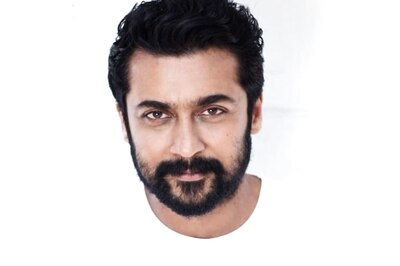
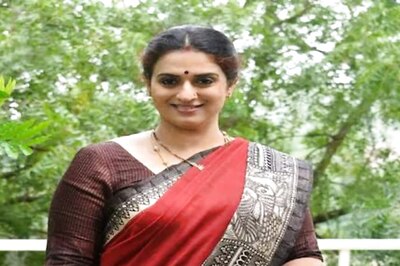




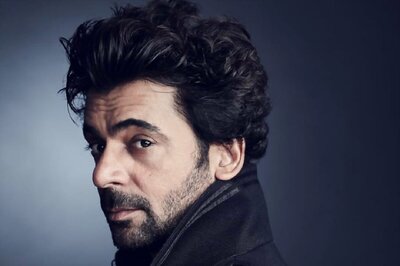

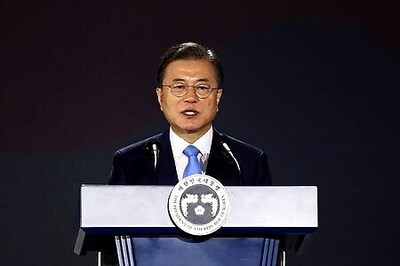
Comments
0 comment